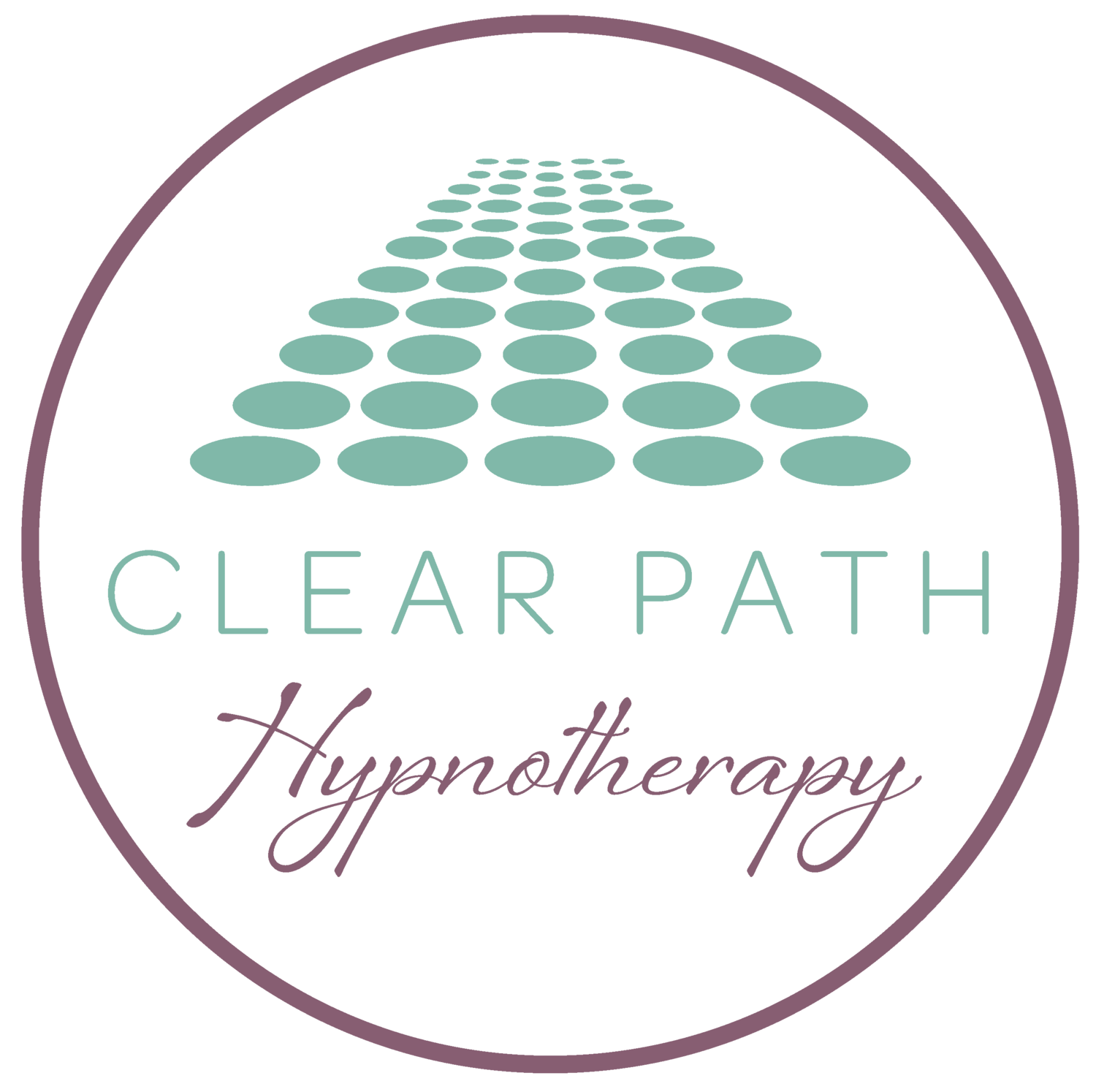Exam Stress
At the time of writing we are hurtling towards the first exam season since 2019. Schools are reporting higher than usual levels of student anxiety among GCSE and A Level students.
Student stress can manifest in a number of ways: panic attacks, angry outbursts, defensiveness, disengagement and even self-harm.
As exams approach, you may have feelings of ongoing pressure, fear of failure and worry about the future. This leads to anxiety which may trigger symptoms such as rapid breathing , churning stomach / IBS flare up and you may feel hot and sweaty - especially the palms of your hands. Intellectual control is lost and the original, more primitive part of our brain takes over. Our body will prepare us for fight or flight by pumping blood and adrenaline around the body . As we are not truly in a life threatening situation adrenalin has nowhere to go, so this build-up of stress hormones is not discharged, but instead gives us all of those classic feelings of anxiety.
What can we do to reduce stress at this tricky time?
Picture your success! It’s worth remembering that our brains cannot tell the difference between imagination and reality (that’s why we jump at scary bits when we are watching horror movies) If we think about ourselves failing enough times then, even if failure is against the odds, we are almost guaranteed to fail. It’s time to really focus on what you want - show your subconscious what you want NOT what you don’t want. It’s a trick that many top athletes employ and it works. Visaulise opening that envelope on results day and getting all the grades you were hoping for.
Store up good things - get into the routine of noticing what’s gone well. Note down things you’ve done that you are proud of. Notice things that have improved and the small wins you observe throughout the day. By recalling these moments our brain will release a flow of the ‘happy hormone’ Serotonin .
Breathe deeply: Spend a couple of minutes focussing on nothing but deep breathing - try breathing in for a count of 4, holding for a count of 4 and then breathing out for a count of 6 . Repeat this 5 or 6 times. Shallow breathing sends a danger signal to the brain, so deliberate deep breathing is a great way to tell our primitive brain that it can stand down!
Stay active - this can, but does not have to mean going for a run or hitting the gym. A walk with friends or the dog will do the trick too. If you enjoy crafting, this is a great way to relax and engage a different part of your brain and will be a natural mood stabiliser.
Finally, obviously but rather boringly, avoid screens for a minimum of 30 mins before you go to bed, don’t be tempted to burn the midnight oil, set a regular bedtime and implement a calming pre bed routine.
Good luck, you’ve got this!
09 May 2022
